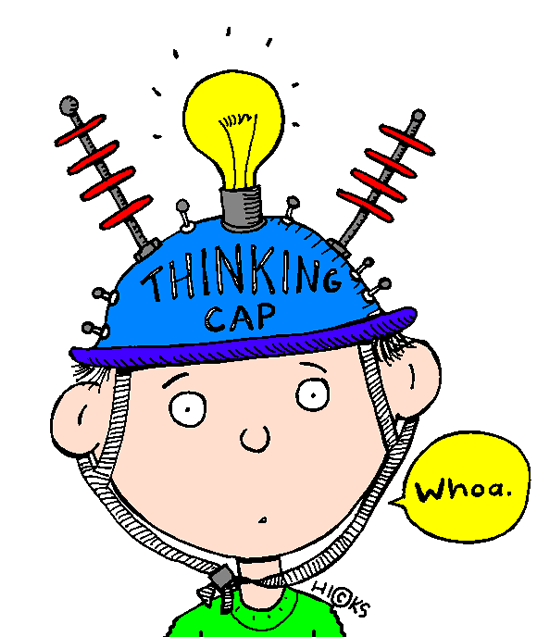We recommend several ways to enhance your understanding of RFT. Great books to start with are Learning RFT: An introduction to relational frame theory and its clinical applications, or Understanding and Applying Relational Frame Theory but there are many options for you, including a great tutorial from FoxyLearning, linked below.
The RFT SIG is in the process of organizing, updating, and adding to these resources—if you have more to add, please go to the relevant area below and add them there. Please keep checking back!
Essential articles as recommended by the RFT SIG
Whether or not you intend to gain an in-depth understanding of RFT, we believe that having a basic understanding of RFT and contextual behavioral science can be invaluable for conducting clinical work. We do not believe that not having this knowledge is at all a detriment to clinical work, but we do know that when folks take the time to do so they report finding it illuminating and they simply do not think in the same way after learning about RFT.
We have compiled several resources for anyone with an interest in RFT, novice and expert alike:
- those who are interested in understanding the principles as they inform clinical practice;
- those who are interested in gaining a more in-depth understanding of the theoretical model and its research base;
- and those who are seeking formal academic training in a laboratory conducting research on RFT and its principles.

If you have an interest in discussing RFT with others who share your interests, please consider joining the RFT email listserv no matter what your background and training in RFT. The community is interested in learning and growing together and your questions may just push the community to consider new ways of approaching the work. Like the main ACT for Professionals listserv, you must be a current paid member of ACBS prior to joining.
In the child pages below you will find reading suggestions, multimedia presentations on RFT principles and how they relate to clinical phenomena, suggestions for linking up with others to learn about RFT, and information on the newly improved and highly successful RFT tutorial and how to take it.
